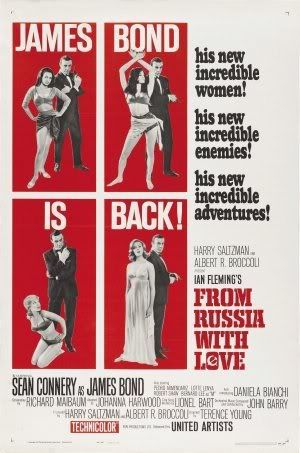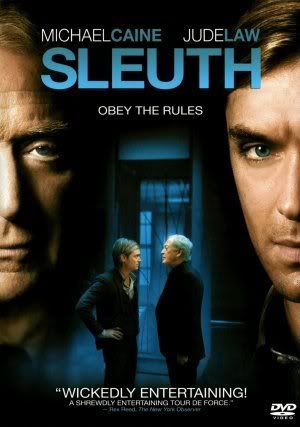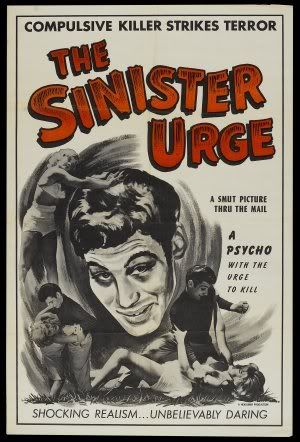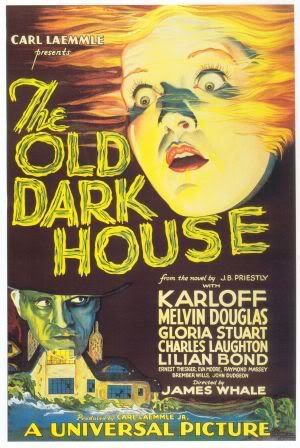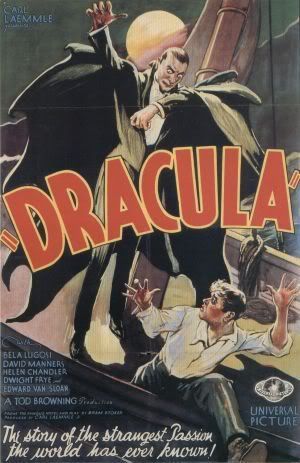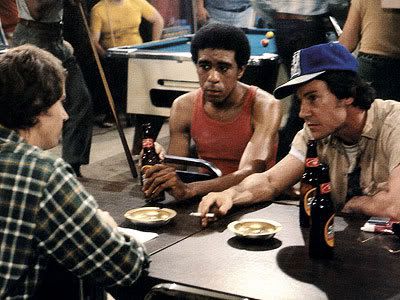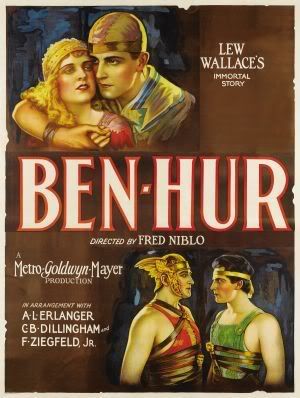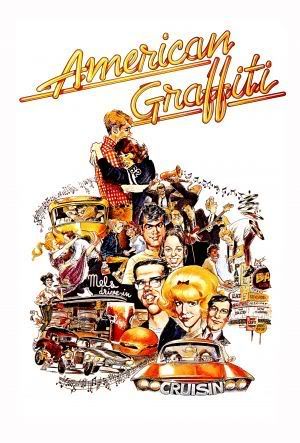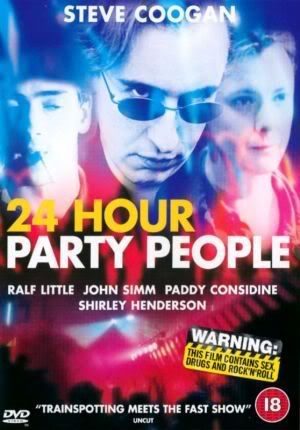
It would be unfair to dismiss "24 Hour Party People" as a biographical look at Tony Wilson. It's so much more. It's a celebration of music, of a lifestyle, of a bygone era. It also plays like a Greek tragedy, albeit substantially more fun, but there is no shortage of darkness and tragedy in the film. The shifts in tone are particularly remarkable, as the film veers from its usual dry, sardonic tone into real pathos and examination of the dark side of almost any phenomenal success.
I'm not completely nuts. I'm not going to claim that "24 Hour Party People" is a visual masterpiece, or a film which achieves more with its characters than most accepted 'masterpieces' of cinema when it comes to depth. I'm not going to argue that it feels as complete an artistic achievement as one of the better films by a cinematic 'master'. Wait, what am I talking about? That's exactly what I'm going to argue. "24 Hour Party People" is as perfect as a film can get, not because it achieves the visual perfection of one of Kubrick's finer films, not because it marks a turning point in cinema history, but because it sets out to be exactly what it ends up being- a hilarious, darkly satirical and yet affectionate look at one of the biggest 'scenes' in music history, some of the best bands, and the man behind it all, Tony Wilson. A minor player in his own life story. This is one of the most purely enjoyable films ever made.
It all unfolds with a sort of inspired madness. The very first scene shows the charismatic, arrogant, and somewhat self-important Tony Wilson hang-gliding for a television report, then turning to the camera after that's over with and saying "You're going to see a lot more of that sort of thing in the film. I don't want to say too much, don't want to spoil it. I'll just say one word: 'Icarus'. If you get it, great. If you don't, that's fine too. But you should probably read more." It's not only a terrific line, indicative of the sort of dry wit much of the dialogue achieves, but also telling of what the film is going to be like. J.R. Jones of the Chicago Reader was one of the less infatuated major critics with the film (but still gave it a definitely positive review, which should give you some indication of just how well-received this film was by critics), and labeled Coogan's Wilson a a pedantic narrator, describing his story as having little narrative momentum of its own. I like to think that's sort of the point, and Wilson himself makes a point to mention in the film that it's not a film about him.
The highlight of the film, arguably even more than Frank Cottrell Boyce's screenplay, is Steve Coogan as Tony Wilson. As everyone reading this probably knows, Coogan based his famed Alan Partridge character on Tony Wilson's career as a television reporter, so he's really playing a variation on Alan Partridge here. What's amazing about Coogan's performance is that he manages to draw even this Partridge fan into Tony Wilson's world so much that I didn't care about any similarity. It's still a stunning comic performance, and excellent during the darker, more serious scenes in the film as well. I'd go as far as saying that it's one of the best male performances of the decade. The rest of the cast is too large to go through one by one, but everyone is excellent here, some going for a sort of slightly altered impersonation of the real-life person they're playing, some creating their own version.
A point of criticism often aimed at "24 Hour Party People" is inaccuracy. The film is gleefully inaccurate, and I fail to see how that's a problem. We didn't need a pedantic, touch-on-all-bases film about Factory Records, because Factory Records would never have made such a movie had they ventured into film production. This is exactly the sort of loose-knit and yet tightly-written film that is needed to capture the energy of the music and the movement. Boyce's screenplay goes through dozens of characters, none of which don't feel real, it's got enough pompous and arrogant philosophizing to turn off even the worst pseudo-intellectual, but it makes it work simply because it's got a sort of self-mocking sense of humor. The points Wilson makes by referencing history and philosophy are valid, but it would be at odds with the sort of film this is if they weren't written with the wry wit the rest of the film is, and if they weren't delivered so wonderfully by Coogan. The film is shot on video, and uses a hand-held style which far from inhibiting the film as it arguably does with some other Winterbottom films, just suits it perfectly. That doesn't mean there aren't some scenes which are explosively extravagant visually, because there are, and they are beautiful.
"24 Hour Party People" feels like a complete artistic achievement. It captures the energy of the music, the feel of it, the basis for the movement so well, but also succeeds at providing a well-told summary of the story of Factory Records, the Hacienda, and Tony Wilson. As far as I'm concerned it's one of the most enjoyable films ever made, and one of the most consistently successful. I don't think there's anything here that falls flat, it's all quite brilliant, from the first scene to the final shot.








